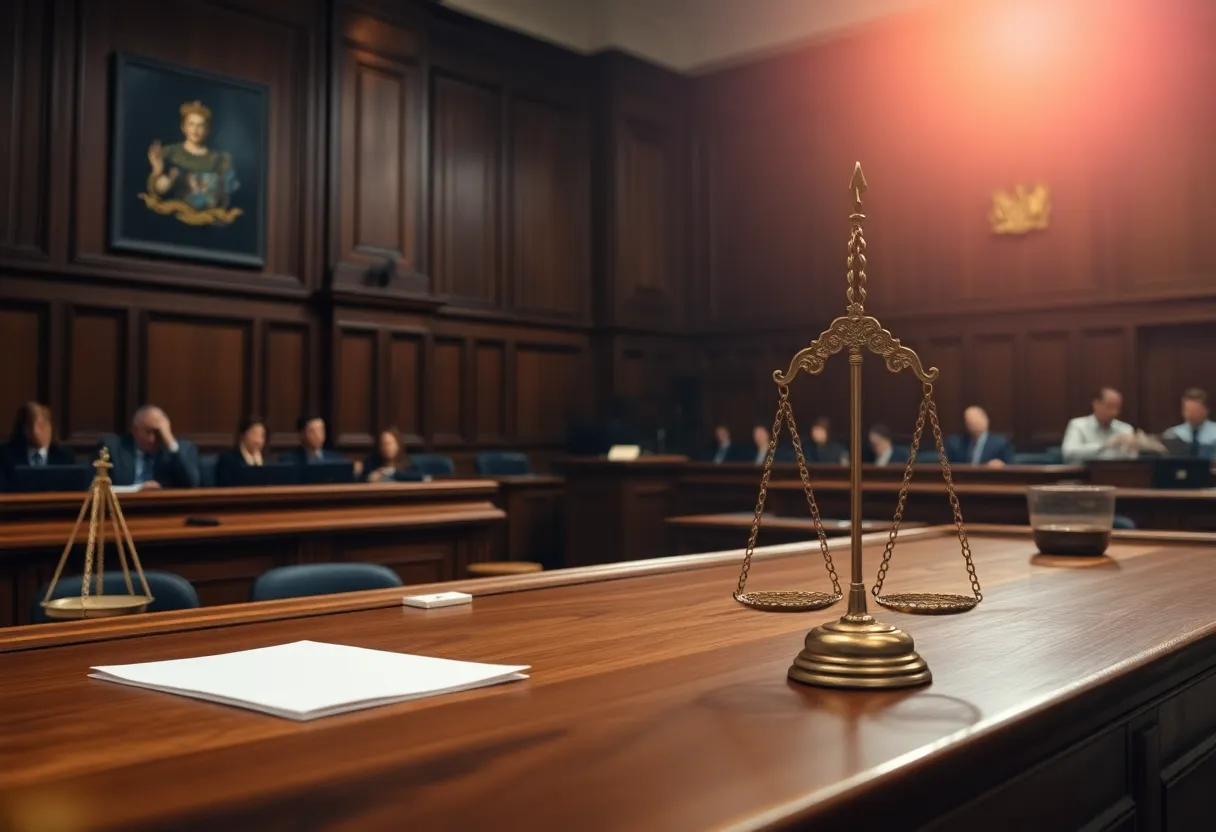News Summary
The High Court ruled against a mesothelioma claim brought by the husband of Elaine Johnstone, emphasizing the challenges of proving liability in asbestos exposure cases. The court found insufficient evidence to establish a material increase in risk from the garage where Johnstone had worked. This ruling highlights the need for robust epidemiological evidence in future asbestos litigation, potentially setting a challenging precedent for similar claims.
High Court Dismisses Elaine Johnstone’s Mesothelioma Claim Against Fawcett’s Garage
The High Court has delivered a significant ruling in the case of Johnstone v Fawcett’s Garage (Newbury) Ltd, putting the spotlight on the complexities of asbestos-related claims in Britain. The court dismissed a claim brought forth by the husband of Elaine Johnstone, who tragically passed away from malignant mesothelioma in 2019. The ruling has implications for future litigation concerning the links between asbestos exposure and the disease, particularly in the context of establishing liability.
Court’s Ruling: No Material Increase in Risk Established
The appeal judges, comprised of Lord Justice Coulson, Lady Justice Nicola Davies, and Lord Justice Zacaroli, concluded that the claimant had failed to prove a material increase in risk associated with the defendant’s actions. The appeal centered around the nature of asbestos exposure Elaine experienced while working in an office located across from the garage workshop, where it was found that asbestos was present. Despite a detailed five-day trial presided over by His Honour Judge Simon in 2023, the evidence was insufficient to establish any significant link between the garage and Johnstone’s subsequent disease.
Trial Findings and Evidence Considerations
During the trial, the primary evidence stemmed from a mechanic who worked at the garage during Elaine’s employment, alongside additional oral testimonies from six medical experts. However, the judge favored lower expert estimates of asbestos exposure as presented by the defense. It was determined that any potential increase in risk associated with the garage’s practices amounted to 0.1% or less, a figure not deemed significant enough to warrant liability.
Clarification of the ‘Creator of the Risk’ Principle
This ruling has further clarified the so-called ‘creator of the risk’ principle in cases involving mesothelioma. The appeal judges highlighted the necessity of epidemiological evidence when establishing connections between exposure and subsequent health impacts. Legally speaking, the claimants relied on the argument that liability should apply to situations where an increase in risk is present as a result of a breach of duty. However, this line of reasoning was rejected in favor of a more rigorous approach prioritizing statistical evidence over subjective assessments.
Issues Around Air Quality Records Dismissed
Another pivotal component of the case involved the claimant’s legal team requesting the appeal court to draw an adverse inference due to the absence of air quality records from the garage. This request was ultimately dismissed, reinforcing the court’s insistence on solid evidence to support claims surrounding asbestos exposure. The judges also refuted the argument that the risk assessment should be viewed through an absolute risk lens, asserting that epidemiological data is integral to establishing responsibility.
Implications for Future Asbestos Claims
The implications of this ruling may echo throughout the legal landscape for future asbestos-related cases. With the judges emphasizing the importance of robust epidemiological analysis over an isolated statistical perspective, plaintiffs may find it increasingly challenging to prove their cases without concrete evidence linking their conditions to specific sources of exposure.
Ongoing Legal Developments
Other recent legal news includes an investigation by the SRA discovering hundreds of thousands of pounds in misallocated funds and a six-month delay in written judgments deemed misconduct by the JCIO. In a separate case, Paul Hemmings successfully secured a ruling for constructive unfair dismissal after a two-day trial, underscoring the dynamic nature of the legal arena.
This recent mesothelioma ruling emphasizes the significance of evidentiary support in asbestos litigation and sets a precedent for how similar cases may be approached in the courts going forward.
Deeper Dive: News & Info About This Topic
HERE Resources
Breakthrough Research Offers New Hope for Mesothelioma Patients
Progress on the Horizon for Malignant Pleural Mesothelioma Treatment
Swiss Billionaire’s Sentence Change in Asbestos Case Sparks Outrage
High-Profile Asbestos Scam Trial Causes Stir in Bloemfontein
Another Victim of Asbestos: Tony Robins’ Tragic Battle with Mesothelioma
Trial of Former Free State Premier Opens Amidst High-Profile Asbestos Case
Florida Jury Awards $18 Million to Mesothelioma Patient Exposed to Talc and Asbestos
Legal Trouble for Marion Company Over Asbestos Violations
Health Scare Among USS Keppler Veterans Linked to Asbestos Exposure
Retired Carpenter’s Battle with Mesothelioma Due to Asbestos Exposure
Additional Resources
- Legacy: John Diefenderfer Obituary 1
- Wikipedia: Mesothelioma
- Legacy: John Diefenderfer Obituary 2
- Google Search: Mesothelioma legal cases
- Legacy: John Diefenderfer Obituary 3
- Google Scholar: Asbestos exposure legal claims
- ABC News: New Ruling on Asbestos Claims
- Encyclopedia Britannica: Asbestos
- CNN: Asbestos Litigation Ruling
- Google News: Asbestos Claims 2023



















